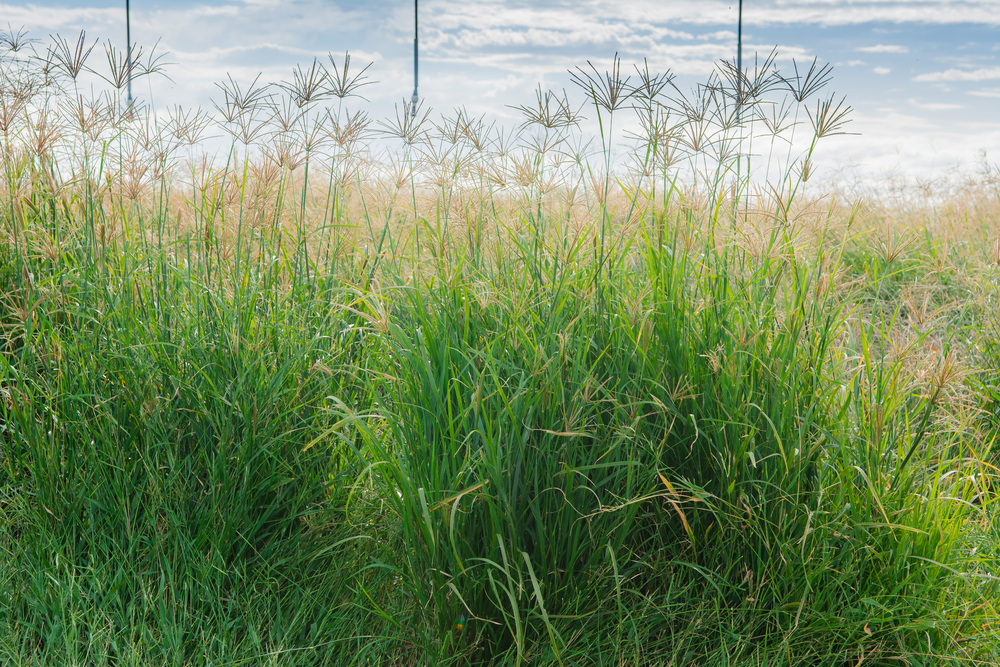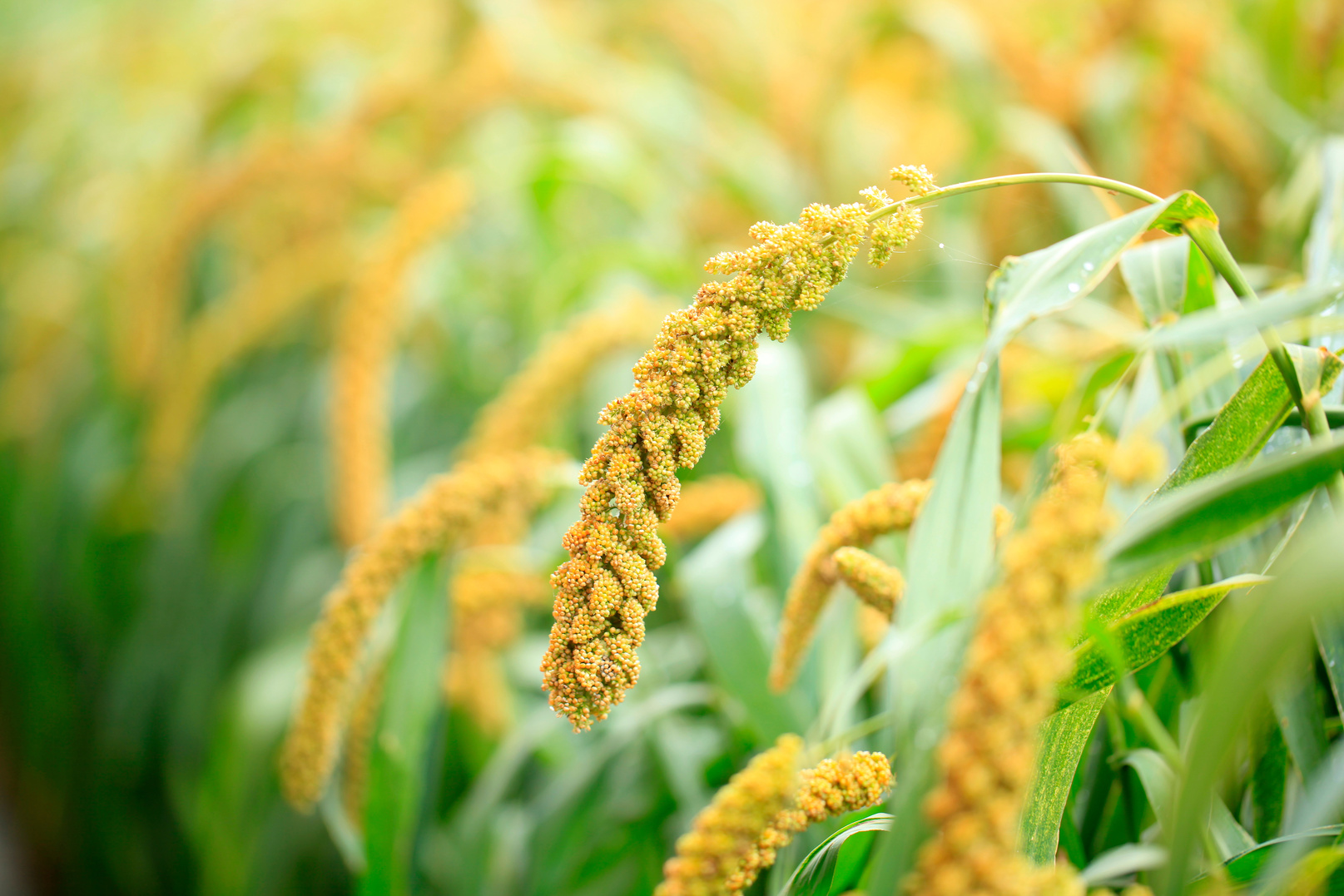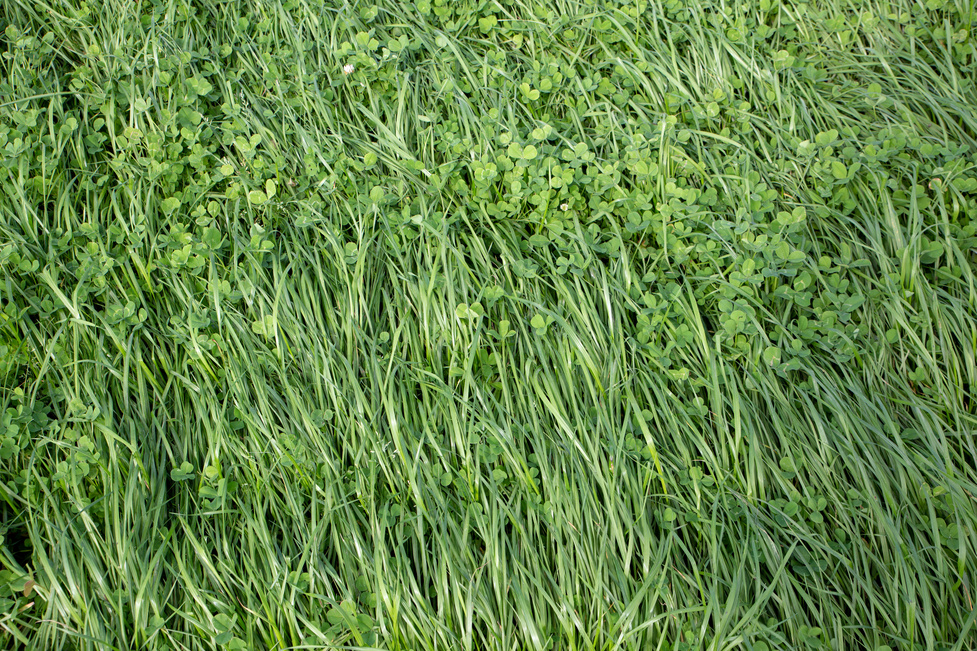The inclusion of megathermal pastures allows enabling very little productive lots for livestock development with a high forage supply. Agriculture was the queen in the Río Primero Department since the arrival of the new millennium. But the traditional rotation with corn, soybeans and wheat -and even the lack of rotation-, added to the above-normal rainfall, began to degrade the soils in different geographical points of this area, which was historically a cattle ranch. And as the river always returns to its course, meat production is returning to the northeast province through different mixed approaches. Oscar Pemán, with headquarters in Sinsacate, is a nursery that has been following this process very carefully, providing field trips and technical advice for the correct management of pastures. “This is a transition zone, we have dairy farms where siler sorghums are made for whole plant chopping, fodder sorghums and alfalfas, and niches are being opened with megathermal pastures with Rhodes Grass, due to the advance of livestock. In addition to lots flooded or with salts, there are sandy soils where Panicum Coloratum could be included”, explains Engineer Mariano Bonsignor, commercial technical advisor in the downtown area of the firm Oscar Pemán.
On this occasion, the field trip took place in the establishment of the producer Rubén Peyronel, located between Villa Santa Rosa and Col. Las Cuatro Esquinas. Ing. Ag. Nicolás Cioffi, head of Agroveterinaria Enna, official distributor of Oscar Pemán in Río Primero, was in charge of explaining the need raised by the cattle producer: “We start from a problematic situation, with many shallows complicated by salinity or by the very close water tables, where annual crops are difficult to achieve with a positive result. Peyronel arrived looking for a perennial pasture that would solve problems that he had been having with production and results, since he was making corn, without having a good performance. There was a lot of surface water, which was not optimal for the management and number of animals in the lot. One of the alternatives that we proposed was the implantation of Grama Rhodes, of the Reclaimer cultivar, which allows a good recovery of the soil, achieving a large amount of dry matter." In his turn, the producer Rubén Peyronel left his testimony: “I decided to plant Grama, specifically the Reclaimer variety from the firm Oscar Pemán, because we had been failing with corn and also with soybeans. The abundance of rains brought salinity, we left the soybeans first, and then we had to leave the corn. So far the results are very good, we have even released animals to graze. I only cleaned the lot on the recommendation of Ing. Cioffi, and during the implantation we added agricultural plaster to regulate the sowing task, since we put 7 kg/Ha. of seeds".
Reclaimer is a diploid cultivar of Australian origin improved using Finecut technology, it has high tolerance to salinity, high forage production, it is planted in spring/summer, and produces between 7 to 10 Tns/DM/Ha./Year.
Cioffi and Bonsignor escort producer Peyronel to a lot with Grama Rhodes located in the area of Col. Las Cuatro Esquinas
“We receive many inquiries from livestock producers who have specific problems in their lots, which used to be agricultural but now are not profitable. The recommendation emphasizes pasture, with Rhodes Grass, Gatton Panic, or some forage sorghum, to recover that environment, gaining load and productivity. The important thing is that the producer is contacted, so we make a tour of the field for better technical advice”, concludes Mr. Cioffi.


